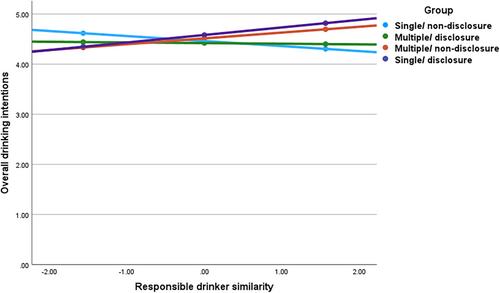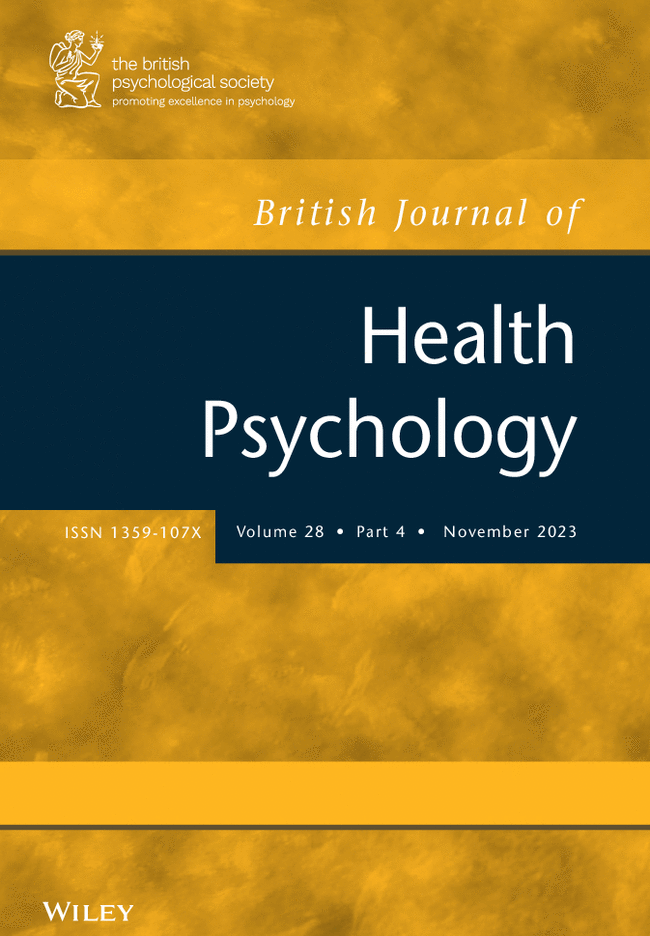This study explored how ‘dark nudges’ (tactics used in alcohol industry-funded responsible drinking campaigns) affect drinking intentions, perceived source credibility and whether individual differences in perceptions of prototypical drinkers moderated these effects.
Two 2 × 2 between-groups online experimental studies.
Study 1 (N = 164) presented three alcohol health messages per condition, comprising social norm (healthy/unhealthy (“dark nudge”)) by frame (loss/gain). Study 2 (N = 229) presented one message per condition, comprising cancer causality (single cause/multiple causes (dark nudge)) by funding disclosure (disclosure/non-disclosure (dark nudge)). Outcomes were drinking intentions and perceived source credibility. Exploratory analyses considered prototype perceptions as a between-subjects moderator.
No significant effects of message frame, social norm, fundi or multiple cancer causality arguments on drinking intentions were found. In Study 2, in the dark nudge multiple cancer causality conditions, perceived source credibility was high when funding was undisclosed, but significantly lower when it was disclosed. Exploratory analyses suggested effects were moderated by prototype similarity. In Study 1, higher perceived similarity to a heavy drinker and lower perceived similarity to a responsible drinker were associated with higher drinking intentions in the unhealthy norm/gain frame condition, but lower drinking intentions in the other conditions.
Framing, social norm, funding disclosure and multiple causality manipulations as tested in this study did not exert a dark nudge effect on drinking intentions. However, the exploratory analyses suggest it could be hypothesised that the types of messages used in alcohol industry-funded responsible drinking campaigns may result in greater drinking intentions among those who identify more as heavy drinkers and less as responsible drinkers. Perceived prototype similarity may be an important moderator of the impact of alcohol health messages that warrants further research. Study 2 suggests disclosure of industry funding guides judgements of the credibility of sources of misleading messages about alcohol and cancer.




